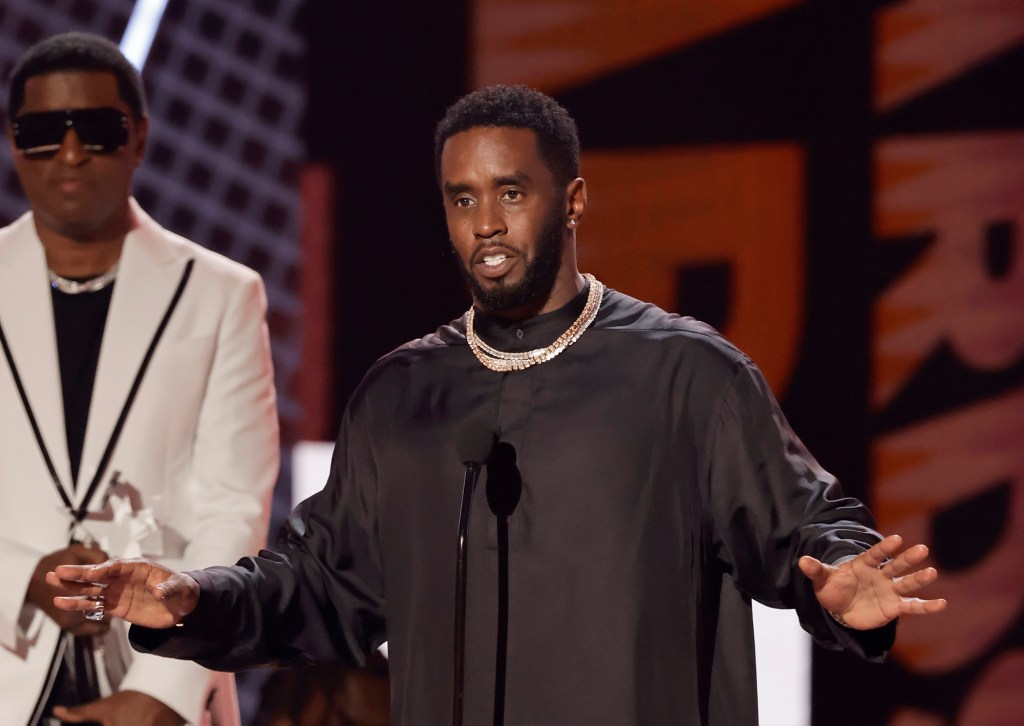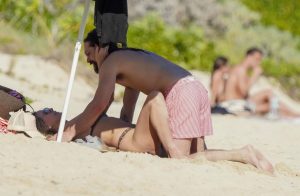
Sean “Diddy” Combs is poised to take the stand in his ongoing case involving sexual trafficking and racketeering. However, attorney Meesha Moulton of Meesha Moulton Law advises against this strategic choice, suggesting it may not serve his best interests. Speaking with Page Six, Moulton highlights the conventional legal counsel that typically discourages defendants from testifying during their own trials. She notes that doing so exposes them to rigorous cross-examination from the prosecution.
Moulton describes the cross-examination as a process that is “mentally grueling,” emphasizing how prosecutors will relentlessly seek inconsistencies in Combs’ statements and aim to corner him into admitting potentially damaging information.
“If Diddy becomes flustered or frustrated while on the stand, the fallout could be detrimental to his defense,” Moulton warns. She emphasizes that enduring this level of scrutiny is not only taxing emotionally but could also negatively impact how jurors perceive him.
The Las Vegas attorney believes that the cross-examination represents the rapper’s most significant hurdle and strongly discourages him from taking the stand. To enhance his chances of proving his innocence, Moulton asserts that Combs must prioritize a strategically sound defense over any personal urge for expression.
Despite the potential drawbacks, Combs’ attorney, Marc Agnifilo, expressed a desire to relay his client’s story in court during an interview regarding their documentary, “The Downfall of Diddy: The Indictment.” He described it as a “human story” marked by themes of love and heartbreak.
Moulton acknowledges that testifying could give Combs the chance to counter the prosecution’s evidence and possibly humanize himself. By showcasing a more rounded personality, he could provide jurors with a complex perspective as they evaluate the allegations against him. She also points out that presenting his positive contributions to society, including his philanthropic efforts, could help reshape the narrative surrounding the case.
“If Diddy manages to create any confusion or questions about the prosecution’s assertions, this could lead jurors to hesitate before arriving at a guilty verdict,” Moulton adds. She encourages Combs to be prepared for unforeseen developments during his testimony, as new evidence can emerge in trial settings.
Recently, Combs was apprehended by federal agents and subsequently indicted on charges that include racketeering conspiracy, sex trafficking, and engaging in prostitution. Prosecutors allege that for decades, he has subjected individuals to sexual abuse and that he has orchestrated a criminal enterprise encompassing various serious charges.
Parties allegedly known as “Freak Off” gatherings are at the center of the prosecution’s claims, with reports indicating that Combs’ associates established hotel rooms equipped with “controlled substances, baby oil, lubricant, extra linens, and lighting” for these events.
Court documents revealed that during recent raids on Combs’ Miami and Los Angeles properties, investigators uncovered over 1,000 bottles of baby oil and lubricant. Following the gatherings, it is alleged that Combs instructed staff to manage damages, arrange IV fluids and transportation for victims, and provide cash for “commercial sex workers.”
Combs has pled not guilty to all charges and continues to assert his innocence in relation to ongoing sexual assault litigations. While a trial date is yet to be determined, a status hearing is scheduled for October 9. If convicted, he faces a minimum sentence of 15 years in prison.





